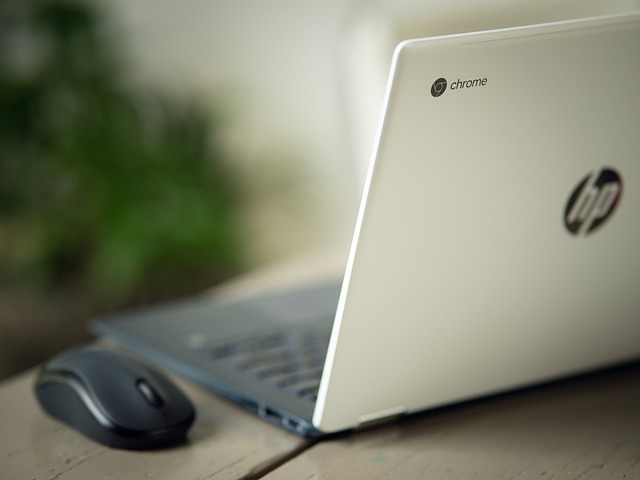Chromebooks have surged in popularity in recent years, evolving from being seen as mere budget-friendly alternatives to laptops to becoming versatile computing solutions for a variety of users. These lightweight, cloud-based devices, powered by Google’s Chrome OS, offer a unique blend of affordability, simplicity, and functionality. Contrary to common misconceptions, they are not limited to just basic web browsing and document editing. They have transformed into powerful tools suitable for a wide range of tasks, from productivity to entertainment and everything in between.
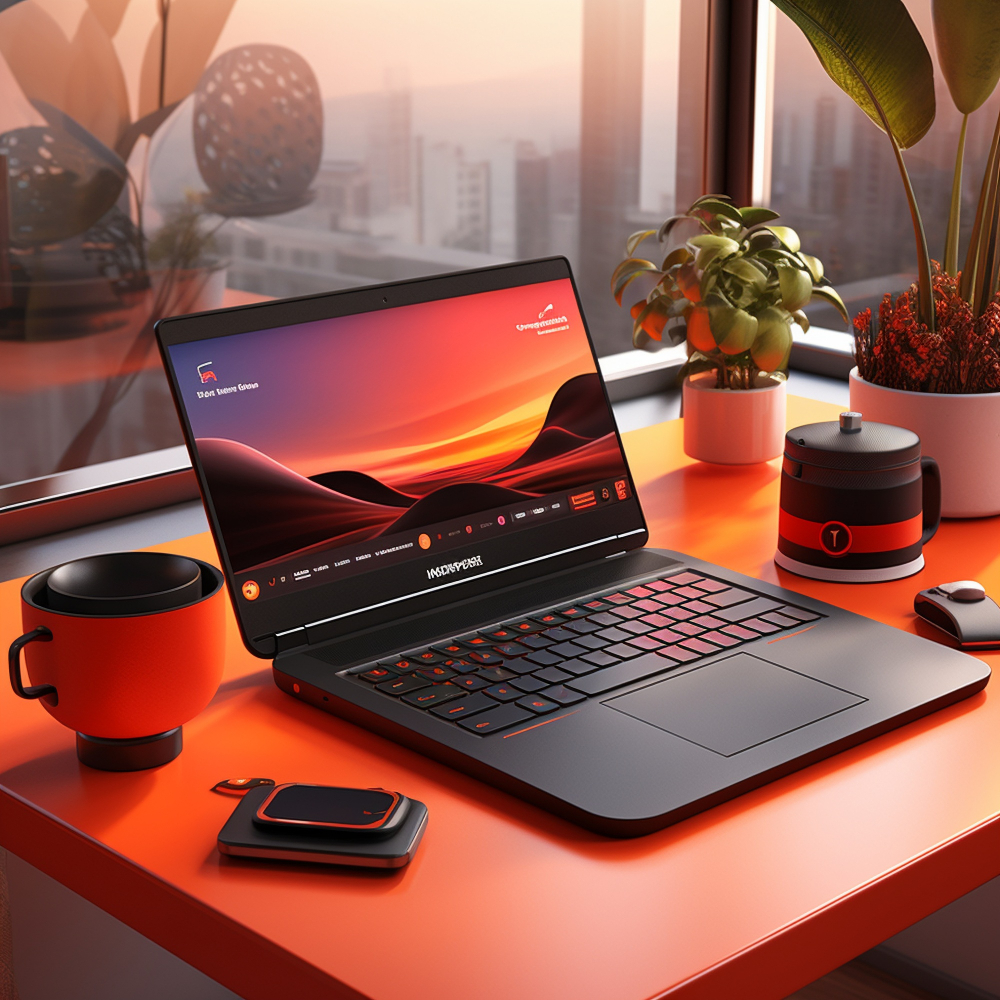
Evolution of Chromebooks
Initially introduced in 2011, Chromebooks were primarily targeted towards students and users with basic computing needs. Over the years, however, they have undergone significant enhancements both in hardware and software, expanding their capabilities and appeal. Today, Chromebooks come in various form factors, including traditional clam shell laptops, convertible 2-in-1s, and sleek tablets, catering to diverse user preferences.
Key Features and Advantages
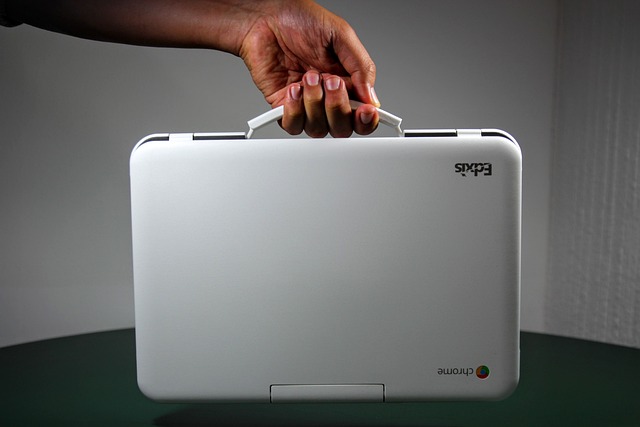
Affordability:
One of the primary attractions of Chromebooks is their affordability. With prices ranging from budget-friendly to premium, They offer cost-effective options for individuals, families, and educational institutions.
Speed and Performance:
Chromebooks boot up quickly and deliver smooth performance, thanks to their lightweight operating system and streamlined hardware. Users can expect fast web browsing, seamless multitasking, and efficient utilization of system resources.
Security:
Chromebooks are renowned for their robust security features. The Chrome OS employs multiple layers of defense mechanisms, including automatic updates, sandboxing of applications, and verified boot processes, reducing the risk of malware infections and unauthorized access.
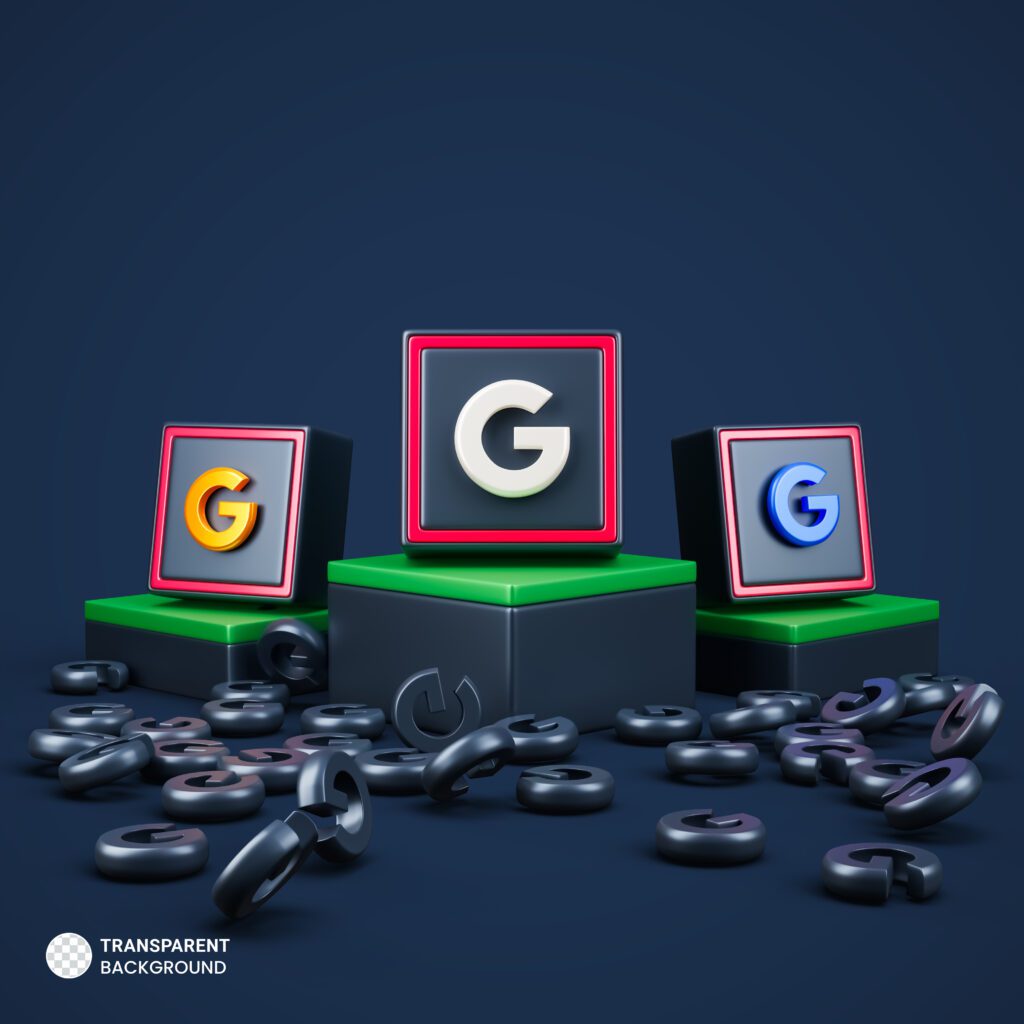
Integration with Google Ecosystem:
Being powered by Google, Chromebooks seamlessly integrate with popular Google services such as Gmail, Google Drive, and Google Docs. Users can easily access their files and data across devices and collaborate in real-time with colleagues or classmates.
Versatility:
Contrary to popular belief, they are capable of much more than web browsing and document editing. With access to a wide array of web apps and Android applications via the Google Play Store, users can accomplish tasks ranging from graphic design and video editing to gaming and content creation.
Use Cases

Education:
Chromebooks have become a staple in classrooms worldwide, revolutionizing the way students learn and teachers instruct. Their affordability, durability, and ease of management make them ideal devices for educational environments. Students can collaborate on projects, access educational resources, and take online assessments effortlessly.
Business and Productivity:
Many businesses and professionals are adopting Chromebooks as their primary computing devices, especially for tasks that revolve around web-based applications and cloud services. They offer a secure and cost-effective solution for email communication, document management, video conferencing, and project collaboration.

Media Consumption:
With their lightweight design and long battery life, Chromebooks are perfect companions for entertainment on the go. Users can stream movies, listen to music, browse social media, and read e-books comfortably, thanks to the wide range of multimedia apps available.
Creative Work:
Chromebooks equipped with powerful processors and touch-enabled displays are increasingly being used for creative endeavors such as photo editing, graphic design, and music production. Applications like Adobe Creative Cloud suite, Canva, and Sketchpad provide robust tools for unleashing creativity.
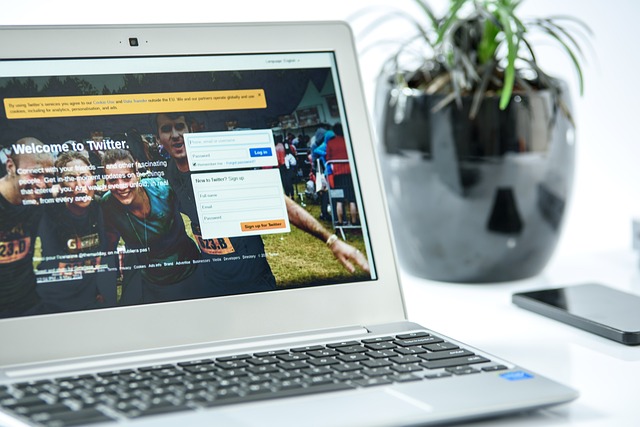
Chromebooks have come a long way since their inception, evolving into versatile computing solutions suitable for various users and scenarios. With their affordability, speed, security, and integration with the Google ecosystem, They offer compelling advantages over traditional laptops for many use cases. Whether you’re a student, a professional, or a casual user, they provide an efficient and enjoyable computing experience, making them worthy contenders in today’s digital landscape.
CONTACT US FOR ANY QUESTION ABOUT THIS ARTICLE
FAQs Frequently Asked Questions
Q: What are Chromebooks?
A: Chromebooks are lightweight, cloud-based computing devices that run on Google’s Chrome OS. Initially targeted towards basic computing needs, they have evolved to serve a wide range of tasks, from productivity to entertainment.
Q: Why have Chromebooks become more popular recently?
A: Because of their low cost, increased functionality, and interaction with the Google ecosystem, they have become more and more popular. They’ve evolved to offer a broad range of functionalities, including productivity tasks, media consumption, and creative work.
Q: What are the different form factors of Chromebooks?
A: Chromebooks come in a variety of forms, including traditional clamshell laptops, convertible 2-in-1s, and sleek tablets, catering to diverse preferences and needs.
Q: What are the main advantages of using Chromebooks?
A: They offer several advantages:
- Affordability: They are available at a range of price points, making them cost-effective options for various users.
- Speed and Performance: They boot up quickly and provide smooth performance for tasks such as web browsing and multitasking.
- Security: Chrome OS features multiple layers of security, such as automatic updates and sandboxing, to protect against malware and unauthorized access.
- Integration with Google Ecosystem: They seamlessly integrate with Google services like Gmail, Google Drive, and Google Docs, allowing for easy data access and collaboration.
Q: How are Chromebooks useful for different types of users?
A: They serve various use cases:
- Education: They are widely used in classrooms for collaborative learning and easy access to educational resources.
- Business and Productivity: Chromebooks are ideal for web-based work, offering secure and efficient solutions for communication and project management.
- Media Consumption: They provide a great experience for streaming media, browsing social media, and other multimedia activities.
- Creative Work: Chromebooks with touch-enabled displays and powerful processors can support creative tasks like graphic design, photo editing, and music production.
Q: What makes Chromebooks different from traditional laptops?
A: Chromebooks differ from traditional laptops in several ways:
- They run on Chrome OS, which is a lightweight, cloud-based operating system optimized for speed and efficiency.
- They focus on integrating with web apps and cloud services, rather than relying on local software.
- They provide strong security features, such as automatic updates and verified boot processes.
- They typically have longer battery life and are designed for on-the-go use.
Q: Can Chromebooks run traditional software applications?
A: They are designed to primarily run web apps and Android apps available through the Google Play Store. Some of them can run Linux applications as well, providing additional versatility.
Q: What kind of creative work can be done on a Chromebook?
A: With the right specifications, They can handle creative tasks such as graphic design, photo editing, and music production. Users can access a variety of apps like Adobe Creative Cloud suite, Canva, and Sketchpad for creative projects.
Q: What is the future of Chromebooks?
A: They are likely to continue evolving as versatile computing solutions. With improvements in hardware and software, they are poised to meet the needs of a wide range of users, from students to professionals to casual users.
Q: How do Chromebooks ensure user security?
A: They prioritize user security through several measures, including automatic updates, sandboxing of applications, and verified boot processes. These layers of defense help protect against malware and unauthorized access.
Q: Can Chromebooks be used for gaming?
A: Yes, They support gaming through access to a variety of Android games available on the Google Play Store. While high-end gaming may require more powerful hardware, many of them can handle casual and mobile gaming well.
Q: What kind of productivity tools are available on Chromebooks?
A: They offer a wide range of productivity tools, including Google Workspace (Gmail, Google Drive, Google Docs, etc.), and access to various web-based and Android apps for tasks like document editing, project management, and collaboration.
Q: Are Chromebooks compatible with other operating systems and devices?
A: They can seamlessly integrate with other devices and operating systems through cloud services, such as Google Drive, which supports file sharing across platforms. Some Chromebooks can also run Linux applications, enhancing compatibility.
Q: How user-friendly are Chromebooks?
A: They are designed for ease of use with a simple, intuitive interface. They are particularly user-friendly for those familiar with the Google ecosystem and are easy to set up and manage.
Q: What kind of storage options do Chromebooks offer?
A: They typically offer a combination of local storage and cloud storage. Users can take advantage of services like Google Drive to store and access files online, reducing the need for large local storage.
Q: How long do Chromebooks last in terms of battery life?
A: They are known for their long battery life, often lasting for several hours on a single charge. This makes them ideal for on-the-go use, such as during travel or for use in classrooms.
Q: Can Chromebooks be used for video conferencing?
A: Yes, They support video conferencing through web-based platforms like Google Meet, Zoom, and Microsoft Teams. These devices typically come equipped with cameras and microphones suitable for virtual meetings.
Q: How do Chromebooks perform in educational settings?
A: They are popular in educational settings due to their affordability, ease of management, and compatibility with learning apps. They provide students with access to online resources and facilitate collaboration among peers and teachers.
Q: Can Chromebooks run offline applications?
A: While they primarily focus on online connectivity, many apps offer offline functionality. Google Drive, Google Docs, and other apps allow for offline editing and access, syncing changes once an internet connection is available.
Q: Are Chromebooks customizable for personal preferences?
A: They offer a range of customization options, including choosing apps from the Google Play Store and adjusting settings for personalization. Users can modify the desktop, browser, and app preferences to suit their needs.
Q: How do Chromebooks handle updates?
A: They handle updates automatically, keeping the operating system and apps up to date without user intervention. This ensures the device remains secure and up to date with the latest features and improvements.
Q: Can Chromebooks connect to external devices?
A: They support various external devices, such as USB drives, external displays, keyboards, and mice. Some models also offer Bluetooth connectivity for wireless peripherals and other devices.

